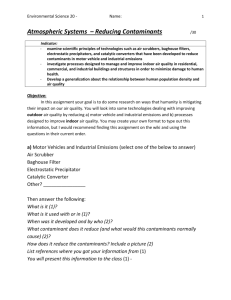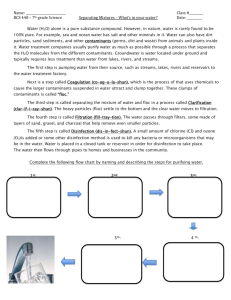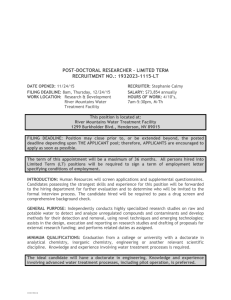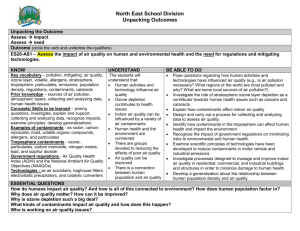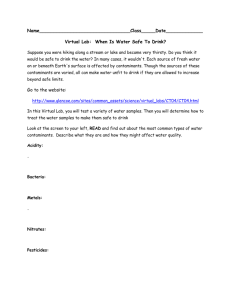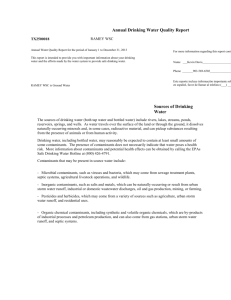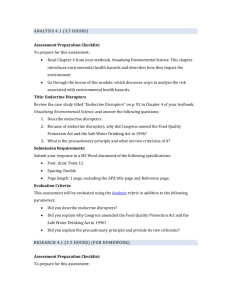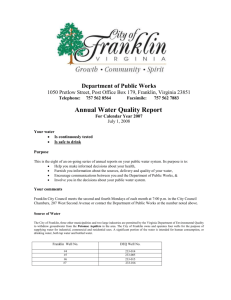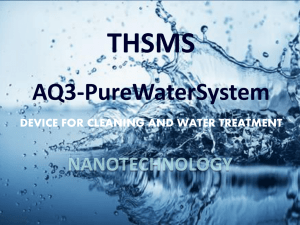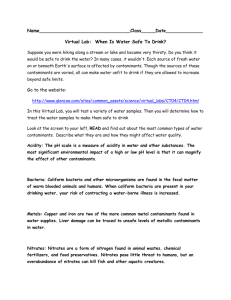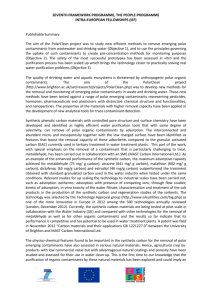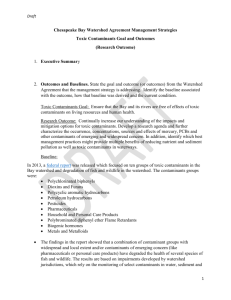Contaminants and the body
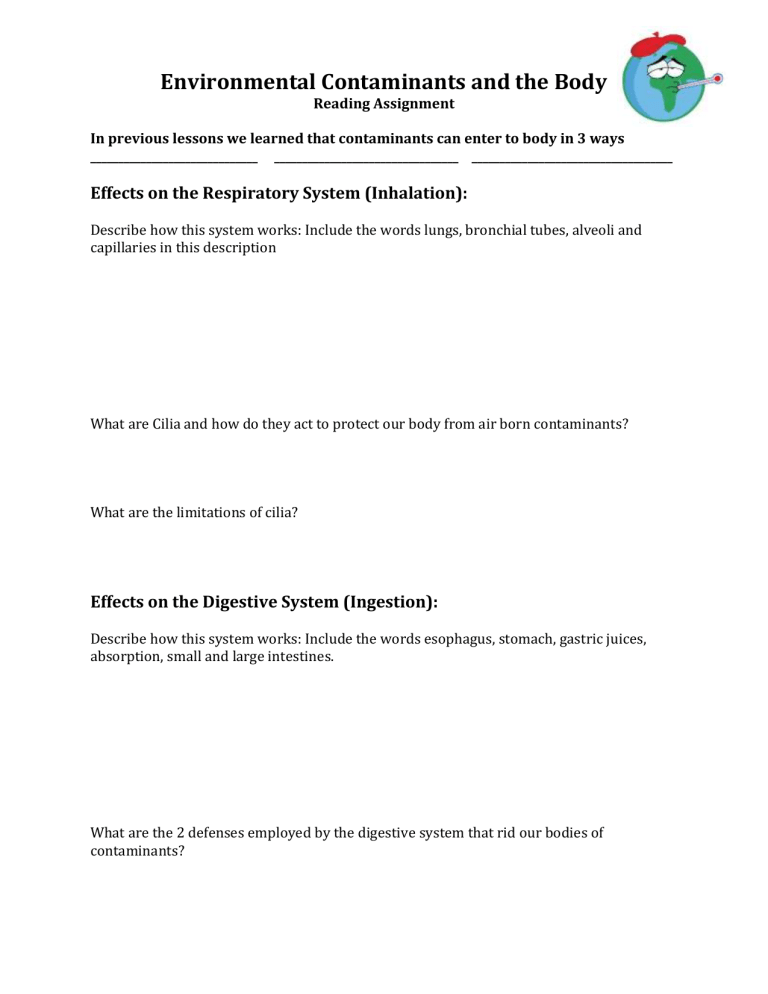
Environmental Contaminants and the Body
Reading Assignment
In previous lessons we learned that contaminants can enter to body in 3 ways
______________________________ _________________________________ ____________________________________
Effects on the Respiratory System (Inhalation):
Describe how this system works: Include the words lungs, bronchial tubes, alveoli and capillaries in this description
What are Cilia and how do they act to protect our body from air born contaminants?
What are the limitations of cilia?
Effects on the Digestive System (Ingestion):
Describe how this system works: Include the words esophagus, stomach, gastric juices, absorption, small and large intestines.
What are the 2 defenses employed by the digestive system that rid our bodies of contaminants?
Effects on the Skin/Epidermis ( Absorption)
How does the natural structure of our skin expose us to contaminants?
Effects on the Circulatory System:
Once in our bodies, how are contaminants carried to our cells?
What type of pathogens (living dangers) is our blood able to fight off?
Body’s Reaction to Contaminants
Respiratory:
Describe 2 airborne contaminants, their reactions/symptoms and the disease associated with them
Type Reaction/symptom Disease
Type
Digestive:
Describe 2 digestive contaminants, their reactions/symptoms and the disease associated with them
Reaction/symptom Disease
Skin/Epidermis:
Describe 2 absorptive contaminants, their reactions/symptoms and the disease associated with them
Type Reaction/symptom Disease
What is melanoma?
Circulatory/Lymphatic:
Describe 2 contaminants, their reactions/symptoms and the disease associated with them
Type Reaction/symptom Disease
What is a leukocyte?
What is lymph? Lymph nodes?
How does the spleen help keep your body safe from contaminants?
Nervous System:
Describe 2 contaminants, their reactions/symptoms and the disease associated with them
Type Reaction/symptom Disease
Urinary & Reproductive system:
Contaminants in these systems cause elevated risk of which types of cancer? ( 6 types)
Describe 2 contaminants, their reactions/symptoms and the disease associated with them
Type Reaction/symptom Disease
Protecting yourself from environmental contaminants/factors
What is a vaccine and how does it protect you from illness?
What is the difference between artificial and naturally acquired immunity? Give an example of each.
Describe two medications that can protect against the biological agents that cause malaria
Describe 3 non-medical ways to protect yourself from environmental factors. Be able to discuss how each achieves protection.
